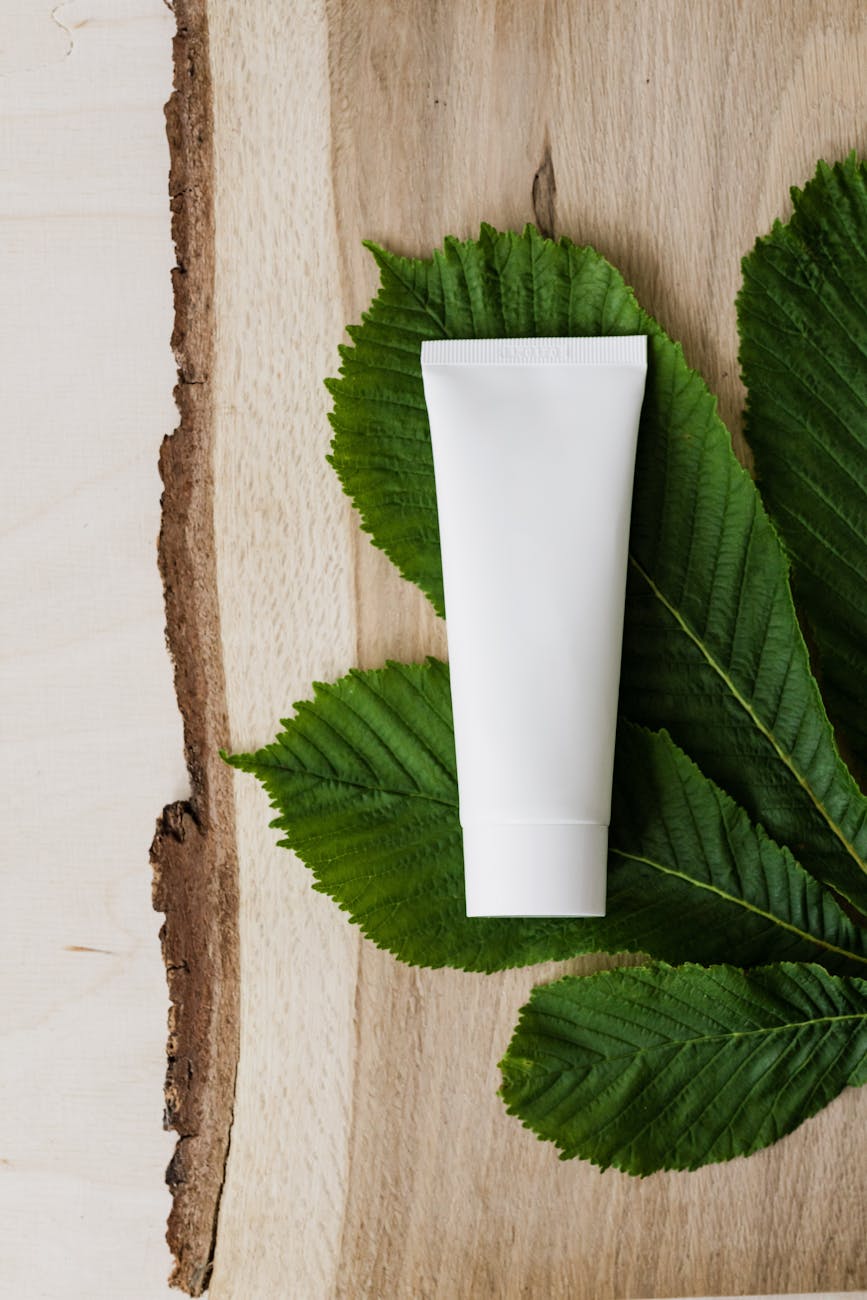Acne causes spots, oily skin and sometimes skin that’s hot or painful to touch. It is usually associated with hormonal fluctuations experienced during your teenage years, but adults can experience acne, too. In fact, it is one of the most common skin conditions among both children and adults.
Certain hormones cause the grease-producing glands next to hair follicles in the skin to produce larger amounts of oil (abnormal sebum). This abnormal sebum changes the activity of a usually harmless skin bacterium called P. acnes, which becomes more aggressive and causes inflammation and pus.
The hormones also thicken the inner lining of the hair follicle, causing blockage of the pores. Cleaning the skin does not help to remove this blockage.
Other causes
Acne is a skin condition that can be passed down through either parent. If both your mother and father had acne, it’s likely that you’ll also have acne.
Also, hormonal changes, such as those that occur during the menstrual cycle or pregnancy, can also lead to episodes of acne in women.
There is a misconception that acne is caused by lack of hygiene or poor diet but there is no evidence that diet, poor hygiene or sexual activity play a role in acne.
Symptoms
Acne most commonly develops on the; face (this is almost everyone with acne), back (affects more than half of people with acne), chest (affects about 15% of people with acne).
Categorise your acne
The most effective way to treat acne is to firstly distinguish which type you have. The six types of acne come under two umbrellas; inflammatory and non-inflammatory.
Inflammatory
- papules – small red bumps that may feel tender or sore
- pustules – similar to papules, but have a white tip in the centre, caused by a build-up of pus
- nodules – large hard lumps that build up beneath the surface of the skin and can be painful
- cysts – the most severe type of spot caused by acne; they’re large pus-filled lumps that look similar to boils and carry the greatest risk of causing permanent scarring
Non-inflammatory
- blackheads – small black or yellowish bumps that develop on the skin; they’re not filled with dirt, but are black because the inner lining of the hair follicle produces colour
- whiteheads – have a similar appearance to blackheads, but may be firmer and will not empty when squeezed
Which type of acne is the most severe?
Blackheads and whiteheads are the mildest forms of acne. These can sometimes be cleared up with OTC topical medications, such as salicylic acid-based toners or benzoyl-peroxide spot treatments. If they don’t respond to OTC medications, comedones are easily treated with topical retinoids. There is even one type of retinoid, known as adapalene, which is now available over the counter. It’s very effective in clearing blackheads and whiteheads.
Pustules and papules are more moderate forms of acne. These may or may not clear up with OTC meds. Widespread moderate acne may require an oral or topical prescription from a dermatologist.
Nodules and cysts are the most severe form of acne. You have to see a dermatologist to clear up severe acne. Picking or popping nodules and cysts can lead to scars.
Things to note
It’s important to be patient with your acne treatment. While some treatments may work immediately, you may not see widespread improvement for several months You should also use caution in using too many acne products at once — this can cause dry skin.
- Wash the affected area with a mild soap or cleanser and lukewarm water. Very hot or cold water can make acne worse.
- Avoid using too much make-up and cosmetics. Use water-based products that are described as non-comedogenic. This means the product is less likely to block the pores in your skin.
- Completely remove make-up before going to bed.
- Wash your hair regularly and try to avoid letting your hair fall across your face.
- Do not wash affected areas of skin more than twice a day. Frequent washing can irritate the skin and make symptoms worse.



Leave a Reply